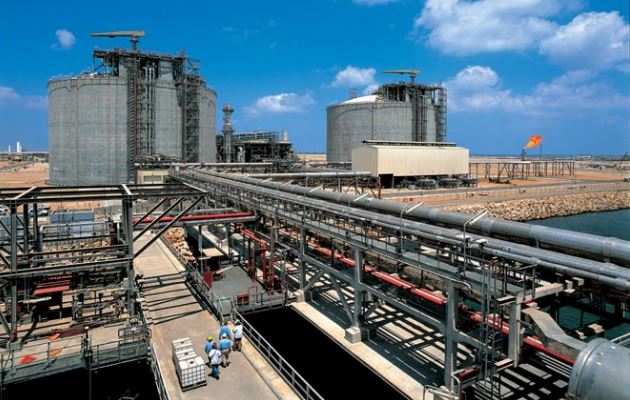Italian energy firm Eni said the Damietta liquefaction plant in Egypt has dispatched a total of nine LNG cargoes since it restarted operations earlier this year.
The 5 mtpa facility located on the Mediterranean coast, about 60 km northwest of Port Said, started exporting LNG again in February this year following a deal between Egypt’s EGPC and EGAS, Eni, and Naturgy.
It stopped operations in 2012 due to declining domestic production, but new finds such as Eni’s giant Zohr field in the East Mediterranean allowed the partners to restart the plant and ship the first cargo in February.
Since then, a total of nine cargoes had been loaded at the LNG plant, Claudio Descalzi, Eni’s chief executive, told analysts during the firm’s first-quarter conference call on Friday.
“And we expect to maintain stable production during the rest of the year, for a total of around 40 cargoes across 2021, contributing to sustain our gas equity production in Egypt,” he said.
The Damietta plant originally started production back in 2004 with the first cargo leaving in January 2005.
It consists of a single train, jetty, and two LNG storage tanks with a capacity of 300,000 cbm.
Following Naturgy’s departure, Eni owns 50 percent in SEGAS, the owner of the liquefaction plant, while EGAS owns 40 percent, and EGPC holds 10 percent.
LNG sales decline
In the first quarter, Eni sold 2.2 bcm or about 1.6 million tonnes of LNG, down 12 percent when compared to the last year.
However, volumes from the Damietta plant will boost Eni’s sales later this year, Cristian Signoretto, deputy of chief operating officer natural resources at Eni, said during the call.
Eni’s global gas and LNG business logged an adjusted loss of 30 million euros ($36 million) in the first quarter, compared to a profit of 233 million euros in the year before.
The Italian firm attributed the decline to one-off positive contributions from portfolio optimization in the year-ago quarter and narrowing spreads between the PSV and the TTF spot gas prices.
“We expect the coming months to remain challenging for this business,” Signoretto said.

